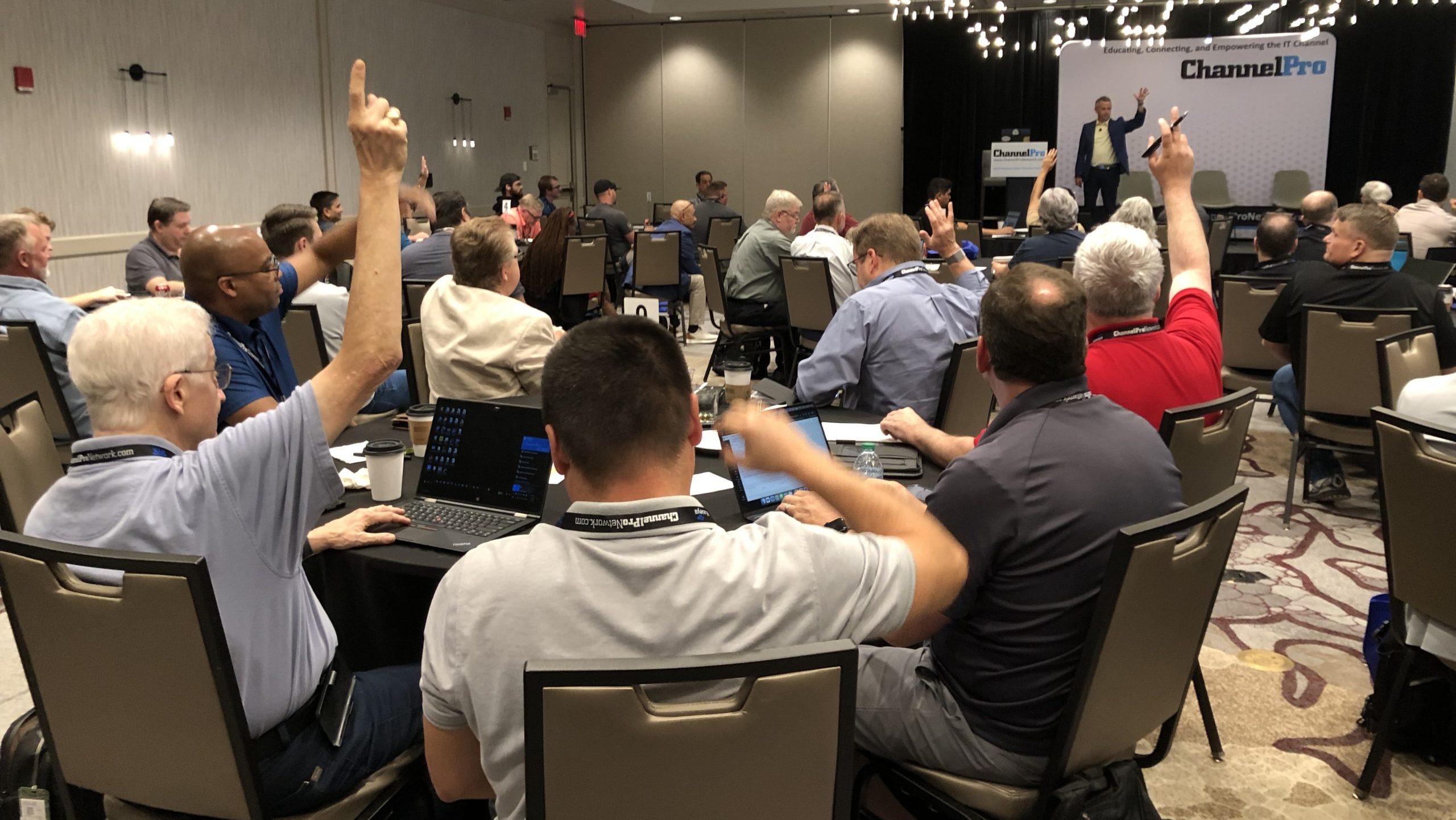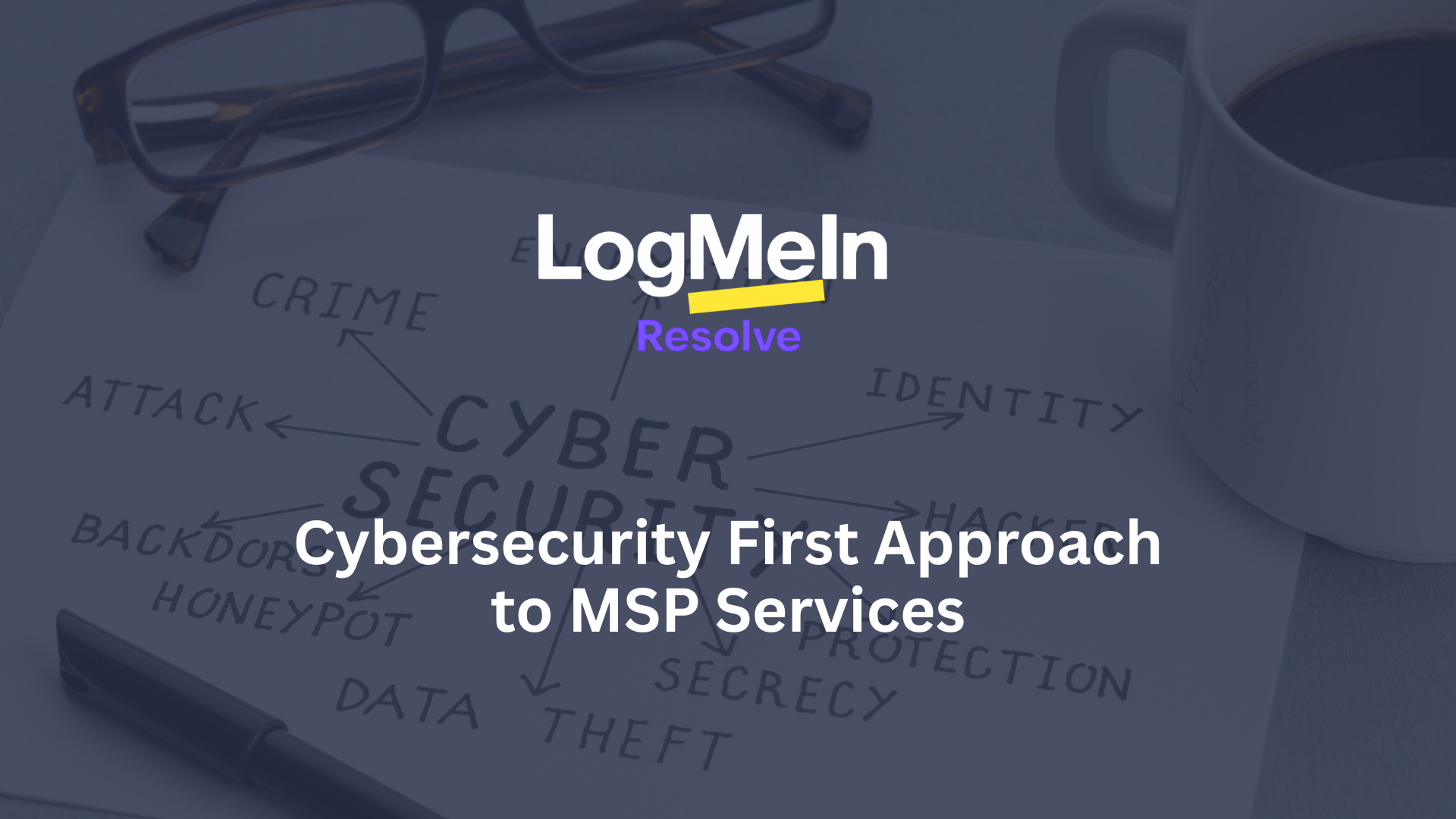Search Engines Rev Up Sales
Well-executed pay-per-click ad campaigns get your name out there and help you jump-start sales.
By Martin Middlewood
No matter how small or large a business you run, search engines such as Google and Yahoo can open marketing windows onto the wide, wide Web’and, potentially, new customers as well. In fact, 81 percent of SMB employees use search engines regularly, according to Sonal Gandhi, SMB marketing analyst at New York-based JupiterResearch. Furthermore, 2004 survey data from search engine marketing company Enquiro Search Solutions Inc. (Kelowna, British Columbia) and research firm MarketingSherpa Inc. (Warren, R.I.) showed that 93.4 percent of organizations said they would use the Internet to research a business- to-business (B2B) purchase, and 63.9 percent said a search engine would be their first online destination. Numbers like that are why businesses spent as much as $6.5 billion for paid online search ads in 2006, and will shell out over $11 billion by 2011, according to Gandhi’s JupiterResearch colleague Sapna Satagopan, an associate analyst.
There are two ways to promote your services through search engines: pay-per-click (PPC) ads and organic (i.e., unpaid) search results. Customers tend to trust organic search results more than sponsored listings, but most marketing pros see organic search as a long-term strategy taking six months or longer to show results. And even though there’s no direct cost, it may be no cheaper than PPC in the end, because managing an organic search initiative entails constantly optimizing Web pages for specific search terms and closely tracking visitor details. For faster results, experts advise, start with pay-per-click campaigns and add organic campaigns later.
PROS AND CONS
Of course, PPC campaigns aren’t for everyone, observes John Grant, president of Take Aim Search, a Westminster, Mass.-based search engine marketing company specializing in pay-per-click lead generation for SMBs. Search engines use auctions to sell keywords, and in especially competitive markets prices often exceed what smaller businesses can afford, Grant notes. Conversely, more obscure keywords are often cheap’but only because no one uses them.
Meanwhile, B2B sales are complex and can take a long time to complete. Consumers buy impulsively, but businesspeople rarely do, particularly when seeking out IT services. So B2B sales cycles can stretch out over weeks or even months, and require several interactions before a sale.
Still, most marketing experts see merit in PPC advertising, even for IT vendors. Keywords can cost a few cents or a lot of dollars, but either way your risk is low, because you pay only if someone clicks your ad and can place caps on your spending. Moreover, even clicks that don’t result in new opportunities can yield valuable information. For example, when Quantrix, a Portland, Maine-based maker of quantitative modeling solutions, ran payper- click ads for a new product, it quickly learned from response data that 60 percent of its market was overseas. That’s an insight the company might not have acquired from conventional advertising, says Quantrix CEO Chris Houle.
Furthermore, there are effective strategies for overcoming the high cost of coveted keywords. For example, many smaller companies limit their ad buys to Google and Yahoo, but more focused search engines such as Business.com may yield equivalent results for less money, Gandhi says.
Targeting your ads locally can also help cut costs. Pairing a city name with a keyword, for instance, is a great way to secure prized search terms at lower rates, while also collecting betterqualified local leads. The major search engines also let you limit your ads to users in specific towns, states, or regions, which both reduces payouts and helps you target your campaign to people within a set distance of your home office.
DirectoryM of Cambridge, Mass., offers yet another local advertising option. For about $50 to $75 a month, the company helps small and midsize businesses embed ads in local business directories that appear on the home pages of BusinessWeek Online, The Wall Street Journal Online, Financial Times, ZDNet, and American City Business Journals’ 42 regional publications. Such sites would otherwise be financially beyond a smaller company’s grasp, observes Chris Hill, DirectoryM’s senior vice president of marketing.
To compensate for long sales cycles, try collecting email addresses on your landing page, says Leslie Stevens, president of Eclipse Marketing, a Laguna Niguel, Calif.-based consulting firm that serves A/V and home theater integrators. You can use that information to send prospects newsletters and articles that will keep them engaged with your company until an IT need arises.
DETAILS, DETAILS, DETAILS
Be forewarned: Managing a PPC campaign is a complex process, and the more search engines you use, the more complicated it gets. Each engine employs unique search algorithms that change regularly. To inch their ads into a coveted ‘top five’?













